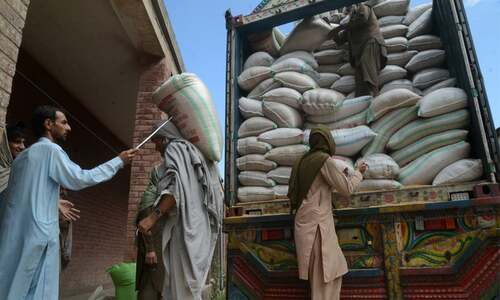ISLAMABAD: The Asian Development Bank (ADB) approved on Tuesday a $300 million loan to finance the construction of a 300-megawatt hydropower plant that will increase the share of clean energy in the country’s power generation mix besides improving the energy security.
The plant will add 1,143 gigawatt-hours of clean energy annually to the country’s energy mix, enhancing the sector’s reliability and sustainability. The plant, which will incorporate seismic strengthening and climate-proofing measures, will be built on the Kunhar River near Balakot city and commissioned by 2027.
The plant will substantially increase the revenue of the state-owned Pakhtunkhwa Energy Development Organisation, which is responsible for operating hydropower plants in KP. It will help reduce average daily loadshedding in the province and serve the national demand.
The government will invest $175 million in the project. It has also requested a $280m loan in project co-financing from the Asian Infrastructure Investment Bank.
Balakot Hydropower Plant will also generate economic activity and improve the skills of local communities. During construction, the project will generate more than 1,200 jobs, about 40 per cent of which will be sourced locally, and provide livelihood skills development for women.
“Pakistan is highly vulnerable to climate change, with water resources and energy particularly at risk from floods, droughts, high temperatures, and other extreme weather events,” said ADB Principal Energy Specialist Adnan Tareen.
“In line with Pakistan’s climate change adaptation and mitigation priorities, this climate-resilient hydropower plant will boost the country’s clean energy generation while effectively utilising its vast water resources,” he said.
Pakistan is rich in hydropower resources but only around 16pc of its identified potential has been harnessed. The country is reliant on imported fuel-based power generation and is burdened with a stressed transmission and distribution network. To balance the energy mix and reduce its dependence on imported fuel, the government has committed to increasing its untapped renewable energy potential in hydro, solar, and wind.
A community development programme will help to improve livelihood opportunities for affected households and adjacent communities, including women and vulnerable segments of the population. This will help to build economic resilience and improve the capacity of affected people to cope with climate change, natural disasters, and other risks.
Published in Dawn, March 31st, 2021













































